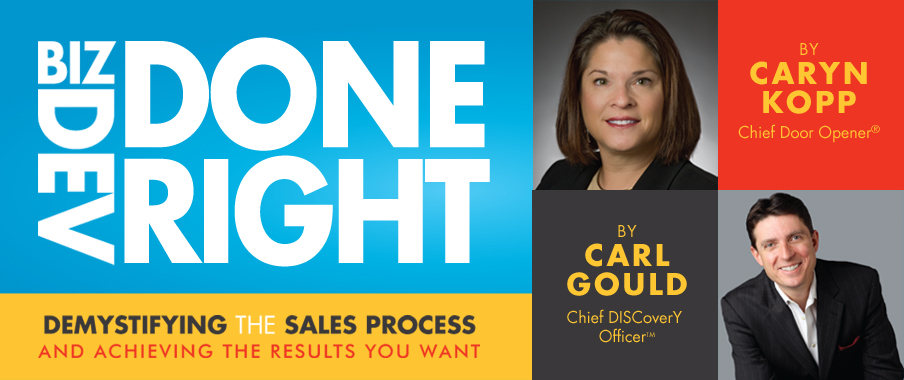Supplemental Resources for Chapter 7
Protecting One of Your Most Valuable, Yet Overlooked Assets: Your Sales Pipeline
 One of the most important decisions a business owner can make is how to protect one of the company’s most valuable assets…the sales pipeline. The relationships that you and your team have built with customers and prospects will lead to future income. Some prospects will close now, some in three months, some in six months some and some next year.
One of the most important decisions a business owner can make is how to protect one of the company’s most valuable assets…the sales pipeline. The relationships that you and your team have built with customers and prospects will lead to future income. Some prospects will close now, some in three months, some in six months some and some next year.
Too many companies don’t protect these assets, but rather leave them on scribbled notes and in the heads of sales people who leave the company taking these assets with them. And, if you don’t possess these assets, you can’t use them.
Whether you use a sophisticated system like Salesforce.com or ACT or a less automated system like Excel or just a plain old piece of paper, the best system is the one that you use…and use consistently. Mandating that anyone who interacts with your customers or prospects consistently updates the Customer Relationship Management (CRM) system will ensure your pipeline is protected. Don’t be one of those businesses that constantly needs to recreate the pipeline. Here are some recommended best practices when using CRMs:
- Ask yourself, “What do I want the CRM to do for me?” Don’t allow yourself to be distracted by all the bells and whistles associated with some CRMs. Start by making sure your CRM does what you need it to do, for your business and workflow. Then, when that is working well, you can experiment with some additional features.
- Have a rule for what/when information is entered. When navigating to the right decision makers you may talk to many wrong ones. Do they all need to be entered? It’s up to you as the leader of your company. Be specific about which people should be included and remain consistent. Be careful not to junk up your CRM with unnecessary information, causing your people added busywork. Remember, if your people are spending their time on non-revenue generating activities, they are NOT generating revenue.
- Create efficiency. Having an assistant enter information can streamline workflow. Some systems have audio apps so sellers can record their notes. Most sellers will appreciate this support, as long as the information is entered on a timely basis.
- Have consistent language for status, codes, etc. Know what it means for a contact to be a “suspect”, a “prospect”, a “client”, etc. Using different language makes management reports meaningless.
- Have a “Management Mandate.” Use this tool in this way, or find another place to work!
- Tag people in your CRM. Some may fit into a number of different “categories”. Use your CRM’s reporting tool to make sure the tags make sense. Confirm that you can readily extract useful information. If the reports are not meaningful, revisit your categorization until it works for you.
- Coordinate your CRM with an email marketing strategy. Be sure to add value with every communication.
- Always schedule a next step. Use your CRM to remind yourself to follow up – no more trying to remember all things in our crowded minds!
- Plan time for follow through. The seller who follows up and deepens relationships, wins. This is especially true when returning from a trip or conference. One tip is to keep the half day following a conference open for follow up. New relationships are like French bread, by the next day they’re stale.
- Expect resistance from those in your company required to use the CRM. The pace of work when entering information is much slower than the pace sellers use when communicating with prospects. It is very difficult for some sellers to slow down and enter and code all information into the CRM in order to remain in compliance with management’s mandate. You may need to remind the group often that entering information is a requirement of the job, not a suggestion. In some cases, management has imposed penalties for those who do not comply.
You’ve invested time and money building important customer and prospect relationships. How would you feel if your seller spent years developing a relationship with a prospect who then chose another firm for your project…not because the firm was a better option but because your firm didn’t record the information needed to compete for the business? Properly using a structured system to maintain control of your sales pipeline will protect your most important source of future income.
Happy hunting!
Read More Here:
